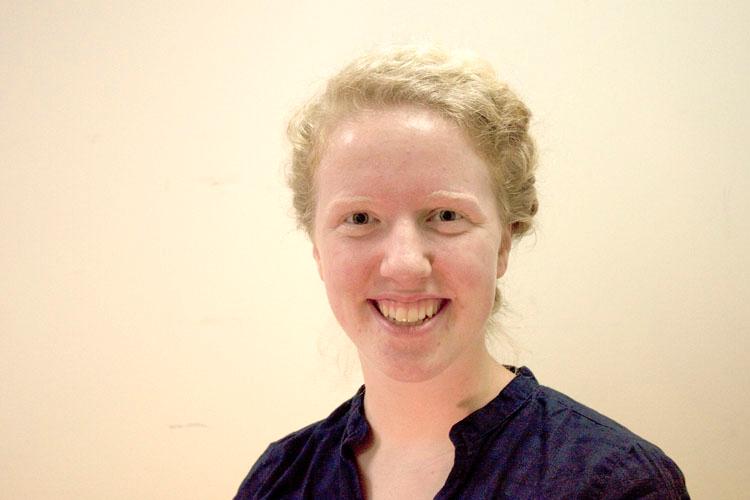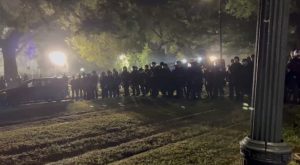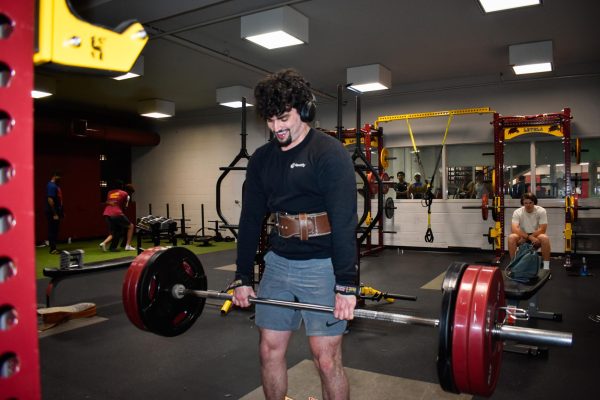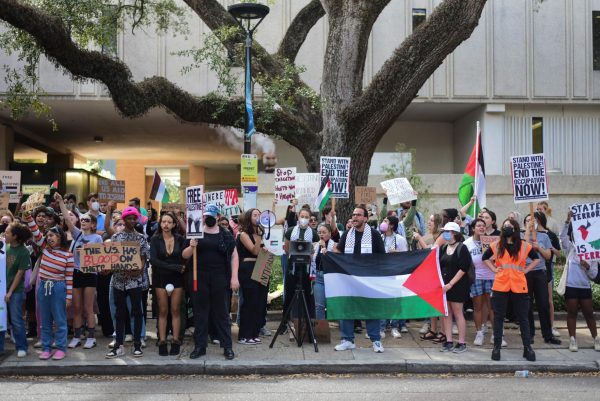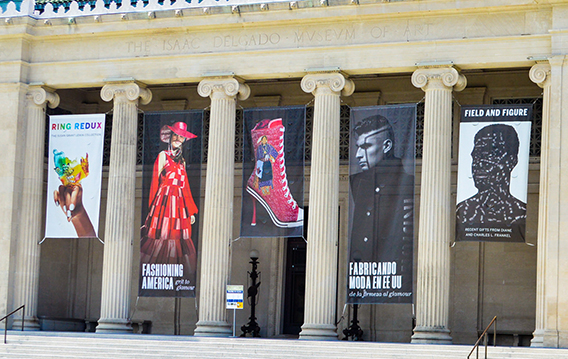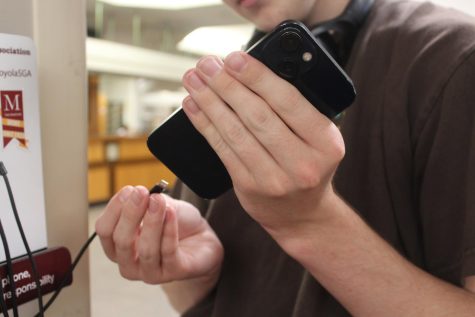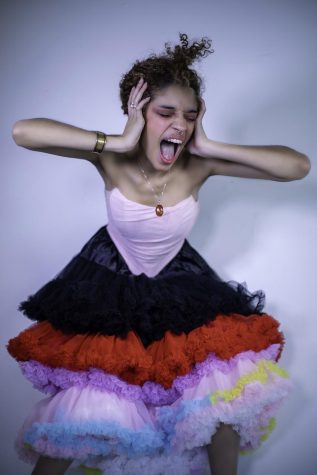Life is universal, not just limited to Christians
Students take stance on abortion
Margaret Liederbach
February 3, 2011
By Margaret Liederbach
For the 38th consecutive year, hordes of protestors flooded the National Mall in our nation’s capital to mark the anniversary of the Supreme Court’s landmark ruling of Roe v. Wade. For the fourth year in a row, I listened as pro-life congressmen made pledges, I watched as religious denominations paraded with signs and, despite my consistently pro-life convictions, I was disheartened by the zealotry in the political and religious realms that threatened to divide, exclude and overshadow the cause for our presence.
I adhere to a consistent ethic of life in my beliefs and actions. This ethic is rooted in the recognition that biologically, from the moment of conception, an embryo is distinctly and uniquely human. From that moment, the embryo possesses the full potential to mature with only the addition of nutrients. Conveniently, this ethic is compatible with my personal religious beliefs: that human life is more than a physical phenomenon dictated by environmental, biological and social factors. My respect and appreciation for human life are supported by this belief, but in no way is it dependent upon or derived from those beliefs or traditions.
With few a exceptions, the crowd leaned overwhelmingly towards Christianity and conservatism as was made apparent in the occasional presence of signs condemning the Obama administration and the abundance of prayers and crosses that rose out of the crowd periodically. I admire each of these religious groups in attendance for their vigilance in faith, but I am discouraged that the face of the movement has been limited to an overwhelmingly political and spiritual issue. Instead of allowing the value of the consistent ethic of life to be fortified by religious belief, we are allowing the ethic to be driven by it.
By restricting the values of the movement to a religious –and primarily Christian context, we loose sight of the fundamental humanitarian issue at hand. Basing pro-life views solely on religious beliefs risks viewing a pregnant woman considering abortion as a sinner rather than as a person in a terrifying and vulnerable state. Conversely, avoiding the issue altogether in aversion to political and spiritual connotations leaves the women just as terrified, the unborn just as vulnerable, and the activists just as blinded.
Let us pursue a culture of life in which every individual is valued not because of their imminent function or role in society, but rather because they are alive, distinct and human from the moment of conception until their natural death. Let us pursue a culture in which the need for abortion is overridden by the availability of support and reverence for the mother, the child, the disadvantaged and the disabled. And let us wait in anticipation for a year when Washington, D.C., will be flooded not only with passionate Christian groups and conservative Republicans, but with anyone that has ever had the pleasure of enjoying life.
Margaret Liederbach is a economics major.
She can be contacted at [email protected]

Protesters gather in Washington, D.C., on Jan. 22 to protest Roe v. Wade in the March for Life. Loyola students travelled to join the crowd gathered for the march. (Photo Courtesy of the Associated Press)


